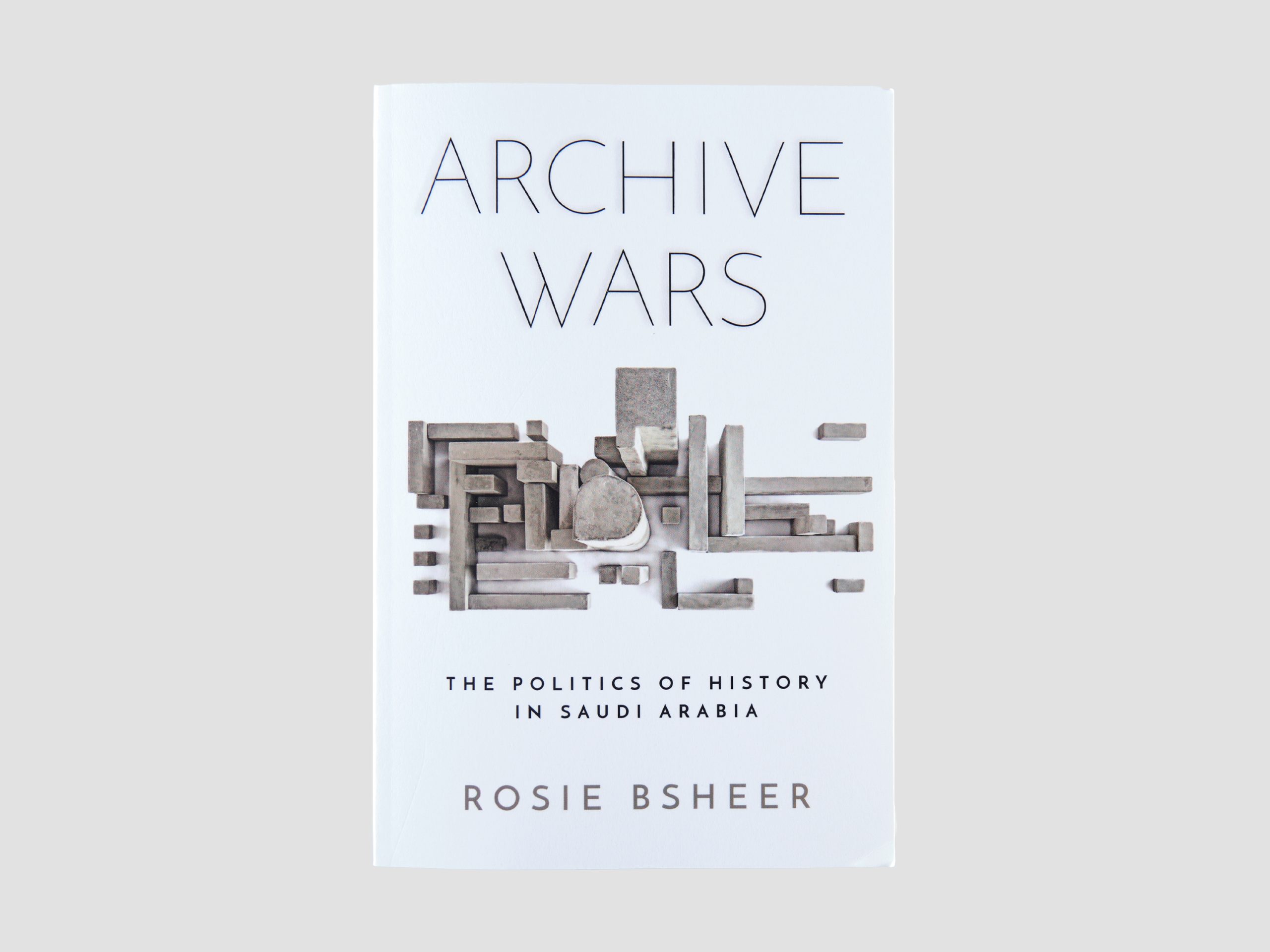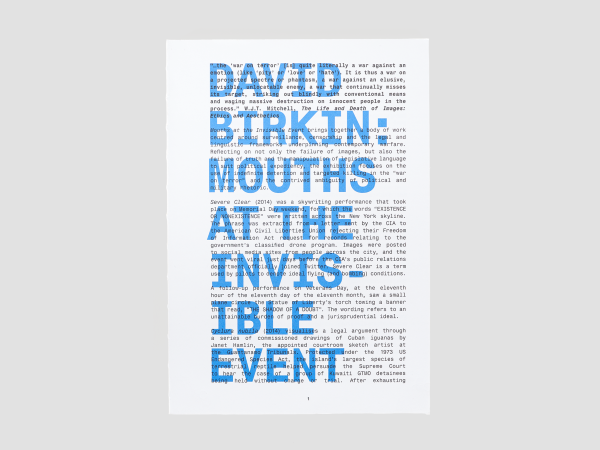The production of history is premised on the selective erasure of certain pasts and the artifacts that stand witness to them. From the elision of archival documents to the demolition of sacred and secular spaces, each act of destruction is also an act of state building. Following the 1991 Gulf War, political elites in Saudi Arabia pursued these dual projects of historical commemoration and state formation with greater fervor to enforce their postwar vision for state, nation, and economy. Seeing Islamist movements as the leading threat to state power, they sought to de-center religion from educational, cultural, and spatial policies.
About the Author
Rosie Bsheer is an Assistant Professor of History at Harvard University.
About the Publisher
Founded in 1892, Stanford University Press (SUP) publishes 130 books a year across the humanities, social sciences, law and business, informing scholarly debate, generating global and cross-cultural discussion and bringing timely, peer-reviewed scholarship to the wider reading public. At the leading edge of both print and digital dissemination of innovative research, with more than 3,000 books currently in print, SUP is a publisher of ideas that matter and books that endure.





